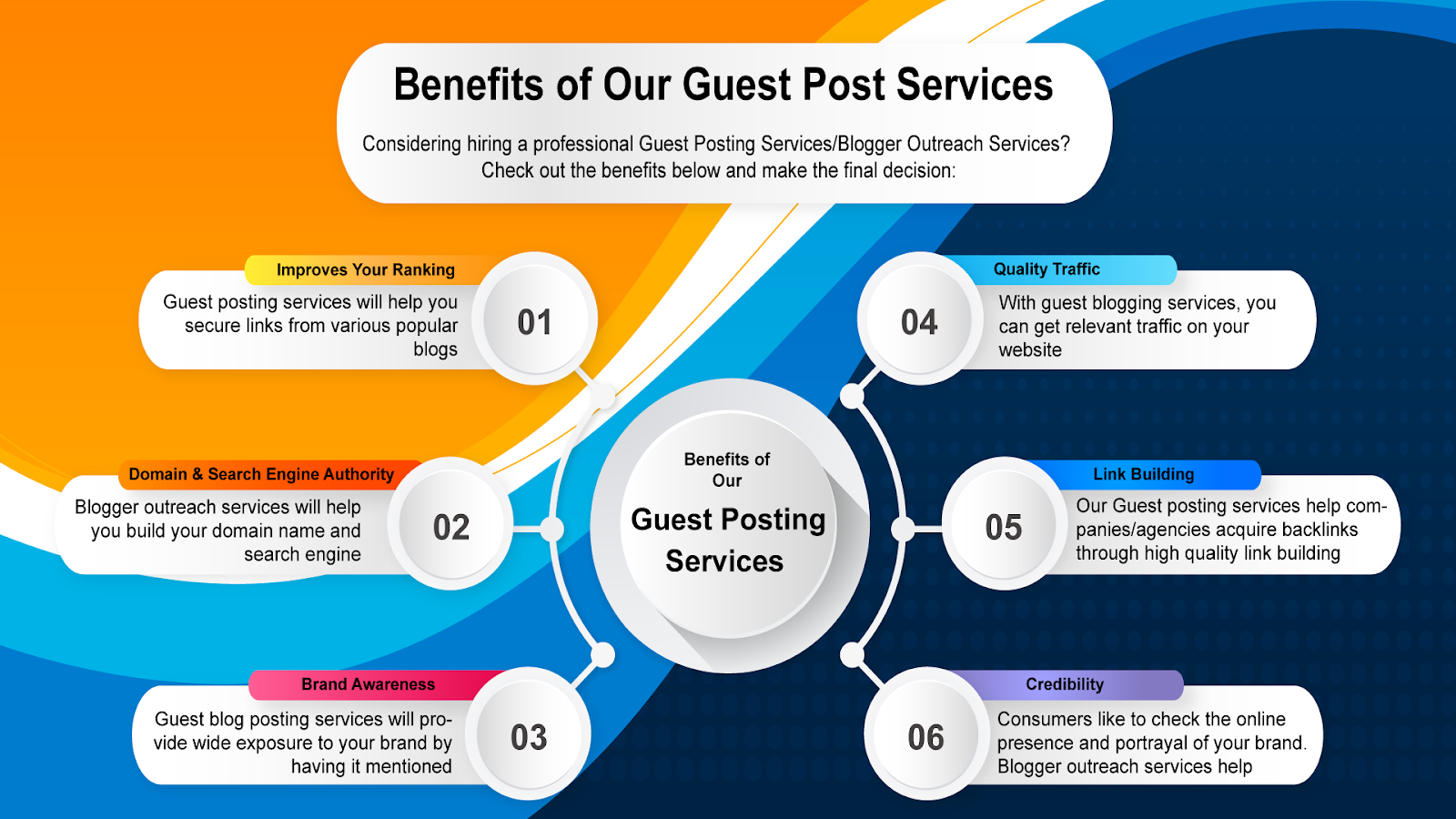Expert Tips for Success
Our website is a treasure trove of information, offering a wide range of fitness tips for various aspects of your life. We cover everything from effective workout routines and nutrition advice to mental well-being and lifestyle changes.
'Fitness Tips For Life' is your one-stop destination for comprehensive guidance on how to optimize your fitness regime, achieve your goals, and maintain a healthy and balanced lifestyle.
Achieving Your Fitness Goals: Expert Tips for Success
In today's fast-paced world, prioritizing our health and fitness has become more important than ever.
Whether you're aiming to lose weight, build muscle, or improve your overall well-being, setting clear fitness goals and following a well-structured plan can significantly increase your chances of success. This article will provide you with expert tips and guidance to help you achieve your fitness goals effectively.
Setting SMART Goals
To begin your fitness journey, it's essential to set specific, measurable, achievable, relevant, and time-bound (SMART) goals. SMART goals provide clarity and direction, making it easier to track your progress and stay motivated throughout the process.
Understanding SMART Goals
SMART goals are characterized by the following criteria:
Specific: Define your goals with precision. For example, instead of saying "I want to lose weight," specify how much weight you aim to lose and in what timeframe.
Measurable: Establish tangible criteria to assess your progress. Use quantifiable metrics like pounds lost, inches gained, or endurance levels improved.
Achievable: Set goals that are realistic and attainable. Consider your current fitness level, lifestyle, and any potential limitations or constraints.
Relevant: Ensure your goals align with your overall aspirations and values. They should contribute to your long-term well-being and personal growth.
Time-bound: Set a deadline or target date for achieving your goals. This creates a sense of urgency and helps you stay focused on your fitness journey.
By setting SMART goals, you create a roadmap that guides your actions and keeps you accountable throughout your fitness journey.
Creating a Balanced Exercise Routine
Building a balanced exercise routine is crucial for achieving your fitness goals. It should incorporate a variety of exercises that target different aspects of fitness.
Cardiovascular exercises increase your heart rate, burn calories, and improve cardiovascular health. Examples include jogging, cycling, swimming, and dancing.
Strength training helps build lean muscle mass, increase strength, and improve overall body composition. Incorporate exercises like weightlifting, resistance training, and bodyweight exercises.
Flexibility exercises enhance your range of motion, improve posture, and reduce the risk of injuries. Practice activities such as yoga, stretching, and Pilates.
Remember to include rest and recovery days in your routine to allow your body to repair and rejuvenate. Rest days are just as important as workout days, as they prevent burnout and reduce the risk of overtraining.
Designing a Healthy Diet Plan
Alongside exercise, a well-balanced diet plays a vital role in achieving your fitness goals. Here are some key principles to consider when designing your healthy eating plan:
Balanced macronutrient intake: Ensure you're consuming an appropriate balance of proteins, carbohydrates, and healthy fats. Each macronutrient plays a unique role in supporting your body's functions.
Whole, nutrient-dense foods: Focus on consuming whole foods that are rich in nutrients, such as fruits, vegetables, lean proteins, whole grains, and healthy fats. Minimize processed and sugary foods.
Adequate hydration: Drink enough water throughout the day to support proper bodily functions and maintain optimal performance during exercise.
Portion control: Pay attention to portion sizes and practice mindful eating. Listen to your body's hunger and fullness cues, and avoid overeating.
Creating a diet plan that aligns with your fitness goals and preferences is essential for long-term success.
Staying Motivated and Consistent
Maintaining motivation and consistency is crucial throughout your fitness journey. Here are some tips to help you stay on track:
Finding your why: Identify the reasons behind your fitness goals. Understanding your motivations will fuel your determination and commitment.
Tracking progress: Keep a record of your workouts, measurements, and achievements. Tracking your progress provides a sense of accomplishment and helps you identify areas for improvement.
Celebrating milestones: Celebrate your achievements along the way, no matter how small they may seem. Rewarding yourself for your hard work will boost your morale and motivation.
Seeking support: Surround yourself with a supportive community or enlist the help of a fitness buddy. Sharing your journey with others who have similar goals can provide encouragement and accountability.
Overcoming Challenges and Plateaus
On your fitness journey, you may encounter challenges and experience plateaus. Here's how to overcome them:
Dealing with setbacks: Don't let setbacks discourage you. Learn from them, adjust your approach if necessary, and keep moving forward.
Adjusting your approach: If you reach a plateau or stop seeing progress, consider changing your exercise routine, increasing the intensity, or trying new activities to challenge your body.
Trying new activities: Incorporating variety into your workouts can keep you engaged and prevent boredom. Explore different forms of exercise or sports that align with your interests.
Seeking professional guidance: If you're struggling to achieve your goals or facing specific challenges, consider consulting a fitness professional or a personal trainer. They can provide personalized guidance and help you overcome obstacles.
Achieving your fitness goals requires dedication, commitment, and a well-structured plan. By setting SMART goals, creating a balanced exercise routine, designing a healthy diet plan, and staying motivated, you'll be on the right path toward success. Remember to adapt and overcome challenges along the way, and seek support when needed. With persistence and the right mindset, you can achieve your desired fitness goals and improve your overall well-being.
FAQs
How often should I exercise to achieve my fitness goals? The frequency of exercise depends on your goals and fitness level. It's generally recommended to engage in moderate-intensity exercise for at least 150 minutes per week or vigorous-intensity exercise for 75 minutes per week.
Is it necessary to follow a strict diet to see results? While a well-balanced diet is essential for achieving optimal results, strict diets are not always necessary. Focus on consuming nutrient-dense foods, practicing portion control, and maintaining a calorie balance that aligns with your goals.
Can I achieve my fitness goals without going to the gym? Absolutely! While the gym offers various equipment and classes, you can achieve your fitness goals through other means, such as home workouts, outdoor activities, or joining group fitness classes.
How long does it take to see progress? The time required to see progress varies from person to person. It depends on factors such as your starting point, the intensity of your workouts, and your adherence to the fitness plan. Consistency and patience are key.
What should I do if I feel demotivated during my fitness journey? If you experience a lack of motivation, try reevaluating your goals, seeking inspiration from others, or changing up your routine. Sometimes, taking a short break and focusing on self-care can also help you regain motivation and get back on track.






































